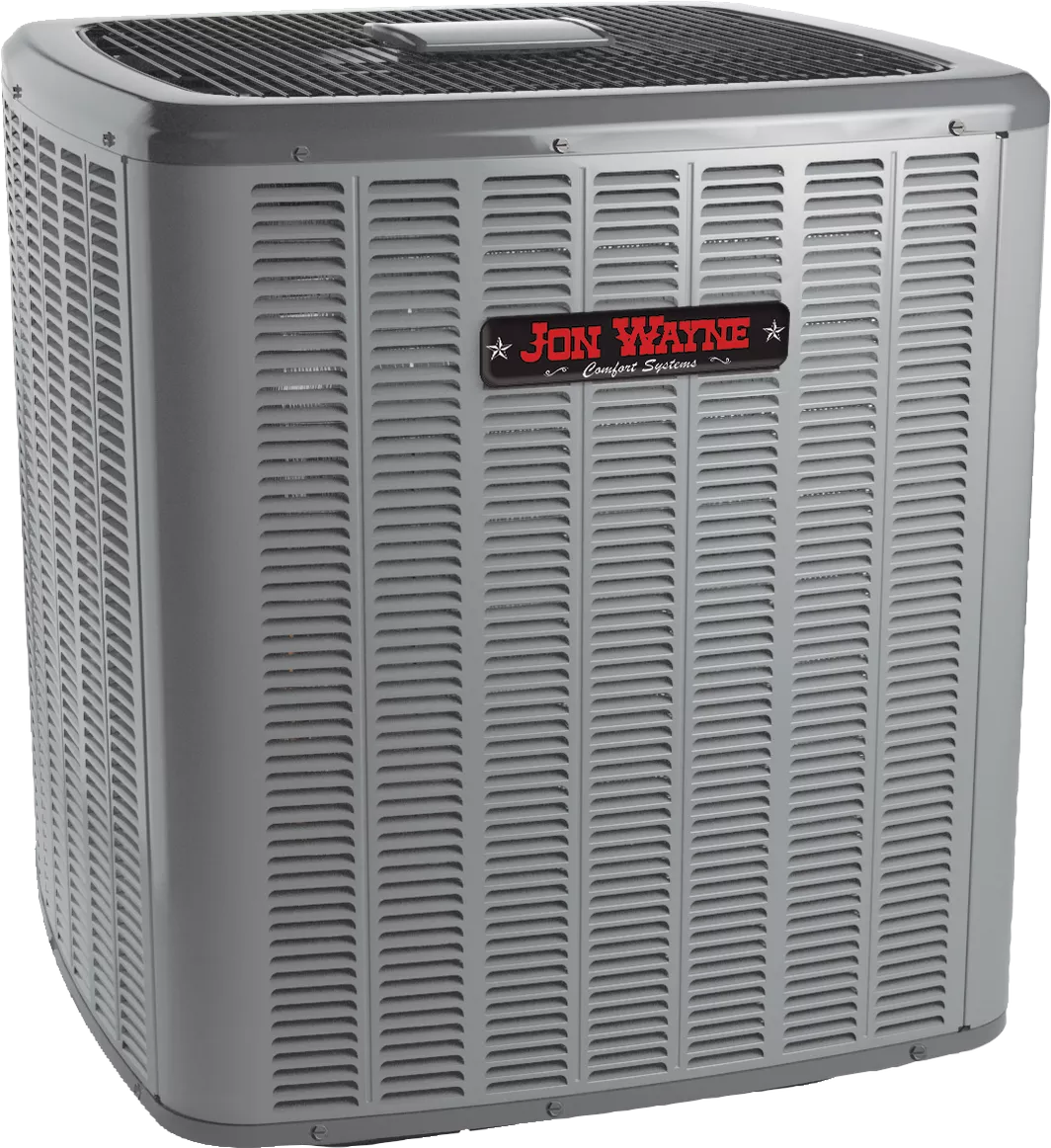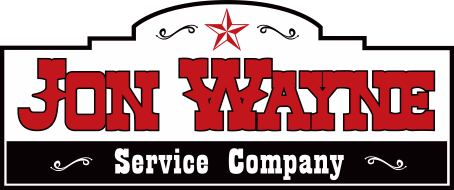What Is an AC Condenser?

Air conditioners are complex systems with several important components, but one of the most vital is the condenser. Located in the outside unit, this part releases your home’s heat outdoors.
If your AC condenser fails, your HVAC system can’t complete a cooling cycle. It’s also one of the more expensive components to replace, so it’s worthwhile to learn how it works so you can detect issues before things reach that point. This guide will help you with:
- Understanding the role of an AC condenser
- Key components of an AC condenser
- How the AC condenser works in the cooling cycle
- Common issues with AC condensers
- Tips for maintaining an AC condenser
After reading, you’ll feel comfortable checking for issues with your AC condenser coils and keeping your HVAC system operating efficiently
Keep Your AC Running Smoothly — Book Your Annual Tune-Up Now!
Keep your condenser in good condition with a professional AC tune-up from Jon Wayne. Our NATE-certified technicians provide efficient, friendly service. With 200 trucks on the road, we’re always ready when you need us.
Understanding the Role of an AC Condenser
What is a condenser? Along with the compressor, evaporator coil, and expansion valve, the condenser is one of the main components of all AC systems.
The condenser releases heat outside your home so your AC can continue cooling. Otherwise, that heat would remain inside the system, and your home would never cool.
Breaking down the refrigeration cycle into the most basic steps:
- The evaporator coil absorbs heat from indoors, transferring it into the refrigerant.
- The compressor changes pressure in the system to move the heated refrigerant to the outdoor unit.
- The condenser releases the heat outdoors.
- The expansion valve resets the cycle, sending the refrigerant back.
Key Components of an AC Condenser
Your air conditioner’s condenser is a complex part that contains several components. The most important of these include:
- Condenser coils. These copper/aluminum tubes run in a looped pattern that maximizes surface area. Air blown across them can then absorb and remove large amounts of heat.
- Condenser fan. The fan blows air across the coils. This air picks up heat, removing it from the refrigeration cycle.
- Condenser motor. The motor drives the fan and regulates its speed, ensuring it works efficiently.
- Refrigerant line. This tubing carries refrigerant to the condenser so the coils can absorb heat from it.
- Capacitors and contacts. A capacitor helps jumpstart the condenser’s motor, and electrical contacts control the flow of electricity to regulate the cooling cycle.
How the AC Condenser Works in the Cooling Cycle
The condenser releases heat from your HVAC system. If it didn’t do this, the heat would remain in the refrigerant, stuck inside your AC, and nothing much would happen. Of course, this is only if the condenser completely fails.
Condensers can develop noticeable issues well before failure. When this happens, your AC keeps working, but it struggles to reduce your room’s temperature to a comfortable level. Heat will be absorbed and move through your HVAC system, but it won’t dissipate outdoors quickly enough to keep the refrigeration cycle moving efficiently.
Common Issues With AC Condensers
Your condenser develops wear and tear as it operates. However, other common issues to watch for include:
- Dirt buildup on the coils reducing heat transfer
- Fan faults reducing the airflow over the coils
- Electrical issues preventing the motor from working efficiently
- Vegetation and other obstructions limiting airflow
- Refrigerant leaks preventing the cooling cycle from proceeding
The first thing to do if you notice your AC isn’t performing at its best is to check the outdoor unit for any visible issues. If you can’t find the cause, consider professional maintenance.
Tips for Maintaining an AC Condenser
Routine maintenance is essential for keeping your condenser and entire AC system working properly. Make sure to regularly:
- Change AC filters
- Cut back vegetation around the outdoor unit
- Clean the coils
- Clean the air intake
- Inspect for strange noises, smells, and visible damage
Other maintenance tasks, such as checking refrigerant levels, pressure, and electrical components, are also essential. However, these tasks need to be left to a professional, which is why an annual AC tune-up is so important.
Experiencing AC Issues? Get a Professional Condenser Inspection Today!
Avoid high energy bills and poor cooling by scheduling an AC tune-up with Jon Wayne. With our 100% satisfaction guarantee, you can trust our technicians to solve your condenser issues and make your home comfortable again.
